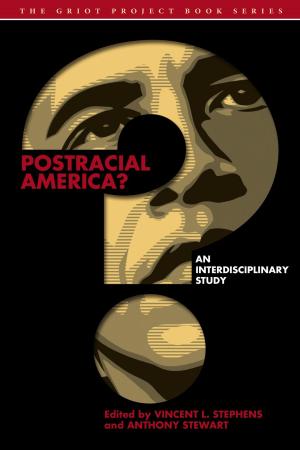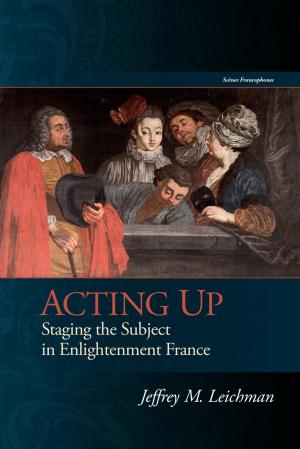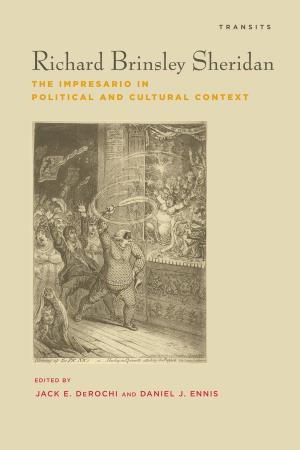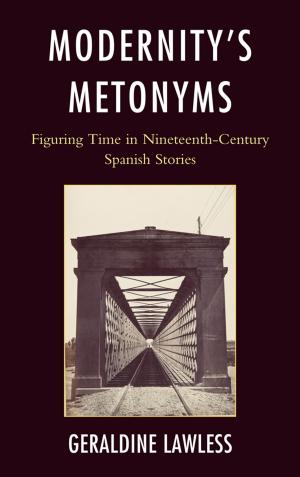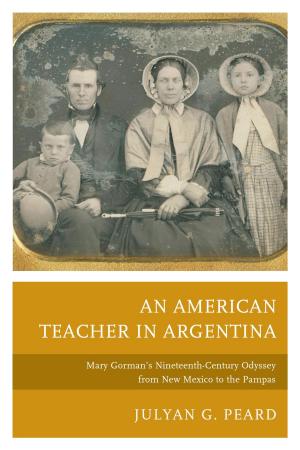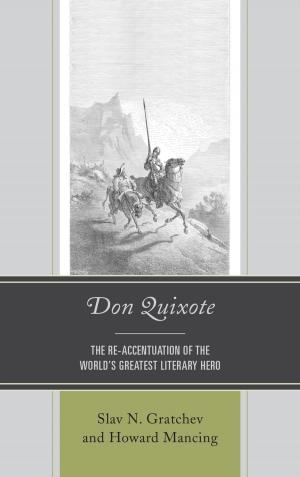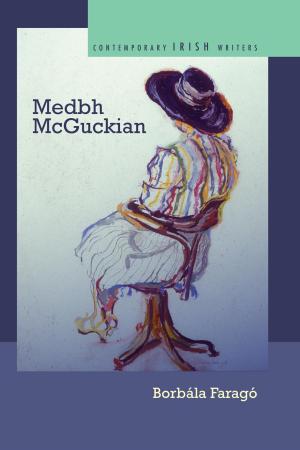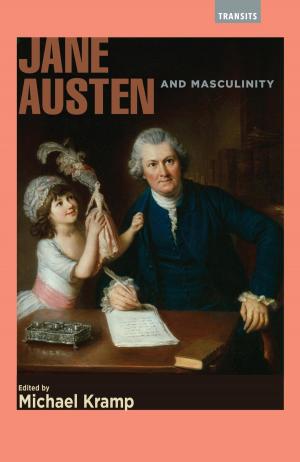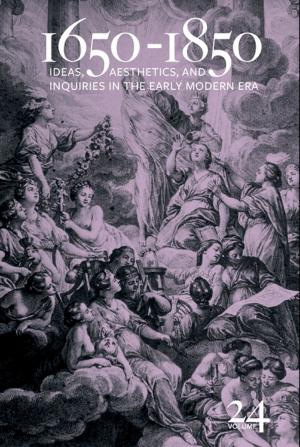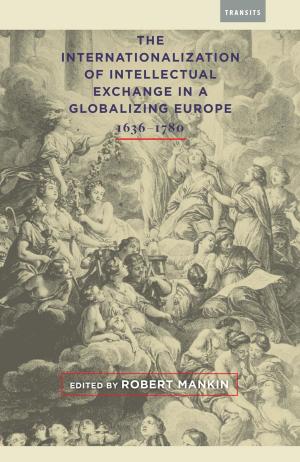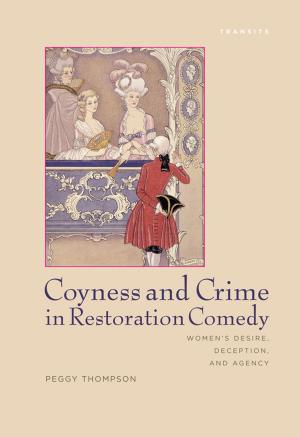Wordsworth, Hemans, and Politics, 1800–1830
Romantic Crises
Fiction & Literature, Literary Theory & Criticism, Poetry History & Criticism, British, Nonfiction, Social & Cultural Studies, Political Science| Author: | Benjamin Kim | ISBN: | 9781611485325 |
| Publisher: | Bucknell University Press | Publication: | September 26, 2013 |
| Imprint: | Bucknell University Press | Language: | English |
| Author: | Benjamin Kim |
| ISBN: | 9781611485325 |
| Publisher: | Bucknell University Press |
| Publication: | September 26, 2013 |
| Imprint: | Bucknell University Press |
| Language: | English |
Wordsworth, Hemans, and Politics, 1800–1830: Romantic Crises is a study of the political lives of William Wordsworth and Felicia Hemans between 1800 and 1830. Tracing trajectories from the first decade of the nineteenth century to the meeting of the two authors in 1830, Wordsworth, Hemans, and Politicsargues that the dominant paradigm for their political thought was that of “crisis.” Obsessed with the mysterious connections between the individual, the home, and the state, Wordsworth and Hemans portrayed all three in a common crisis that would be resolved in the future. Both writers articulated historical moments when the tenuousness of the present society gave glimpses into a future one. Building on and reacting to the strong critical statements of the 80s and 90s that tended to see the political views of Wordsworth and Hemans as formed by personal crises, Wordsworth, Hemans, and Politicsargues that far from being tied to personal circumstances, crises were staged by Wordsworth and Hemans to argue for clear political positions on a wide variety of topics. Because crises come with claims of singularity, the use of crises to explain historical change finds its origin in revolutionary ideology. But because imagined crises proliferated throughout the Romantic period, crises no longer signaled earth-shattering change, but business as usual. The ideology of crises carried the tension between revolution and modernity that haunted the Romantic period. Wordsworth, Hemans, and Politicspresents revisionary readings of major works and contributes to long-standing discussions on a number of different topics: dissenting politics, poor relief, gender roles in peace and wartime, and the nature of historical memory, to name a few. By focusing on the dramatic nature of crisis narratives, Wordsworth, Hemans, and Politicsresponds to master narratives of the Romantic period that limit and simplify political expression. The book restores complexity to the political lives of two poets who fashioned revolutionary ideology for their own ends.
Wordsworth, Hemans, and Politics, 1800–1830: Romantic Crises is a study of the political lives of William Wordsworth and Felicia Hemans between 1800 and 1830. Tracing trajectories from the first decade of the nineteenth century to the meeting of the two authors in 1830, Wordsworth, Hemans, and Politicsargues that the dominant paradigm for their political thought was that of “crisis.” Obsessed with the mysterious connections between the individual, the home, and the state, Wordsworth and Hemans portrayed all three in a common crisis that would be resolved in the future. Both writers articulated historical moments when the tenuousness of the present society gave glimpses into a future one. Building on and reacting to the strong critical statements of the 80s and 90s that tended to see the political views of Wordsworth and Hemans as formed by personal crises, Wordsworth, Hemans, and Politicsargues that far from being tied to personal circumstances, crises were staged by Wordsworth and Hemans to argue for clear political positions on a wide variety of topics. Because crises come with claims of singularity, the use of crises to explain historical change finds its origin in revolutionary ideology. But because imagined crises proliferated throughout the Romantic period, crises no longer signaled earth-shattering change, but business as usual. The ideology of crises carried the tension between revolution and modernity that haunted the Romantic period. Wordsworth, Hemans, and Politicspresents revisionary readings of major works and contributes to long-standing discussions on a number of different topics: dissenting politics, poor relief, gender roles in peace and wartime, and the nature of historical memory, to name a few. By focusing on the dramatic nature of crisis narratives, Wordsworth, Hemans, and Politicsresponds to master narratives of the Romantic period that limit and simplify political expression. The book restores complexity to the political lives of two poets who fashioned revolutionary ideology for their own ends.

